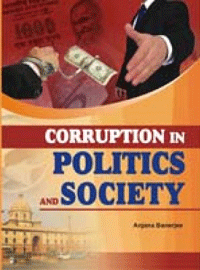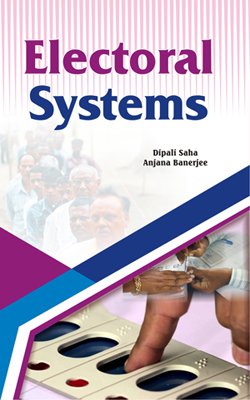Description
About the Book
This book addresses the issue of corruption in politics and the society in contemporary era and examines the links between theory and practice of corruption in economic, political and social institutions of the world in general and India in particular. The book covers- the meaning and nature of corruption; political corruption and its consequences; the theoretical and empirical links between corruption and governance on one hand and political institutions on the other; the history and various forms of political corruption in India; the links between corruption, economic growth and the quality of political institutions; role of social networks and social capital to engage in collective action against corruption; the conceptual differences between civil society and NGOs; the interaction among trade liberalization, governmental corruption and environmental policies; corruption and the efficiency of electricity distribution firms in Latin America; the challenges of corruption in the Indian health sector; the motivational structure guiding the African population in the choice between corrupt and non-corrupt behaviour and how overzealous promotion and insensitive application of anti-corruptionism may have negative rather than positive outcomes depending upon various factors operating in any given place and time.
About the Author
Anjana Banerjee, born in Calcutta and educated in Patna, is a noted scholar and assistant professor of Political Science in Magadh University, Gaya. As a keen researcher, she has written a number of research papers and articles, which have been published in reputed journals and newspapers. She takes keen interest in academic and cultural activities. Her prominent publications include, Theory of Social Leadership (2004), Habermas’s Theory of the Neo-Marxist Criticism (2005) and Working Class Movement (2010).on amo lization, governmental corruption and environmental policies; corruption and the efficiency of electricity distribution firms in Latin America; the challenges of corruption in the Indian health sector; the motivational structure guiding the African population in the choice between corrupt and non-corrupt behaviour and how overzealous promotion and insensitive application of anti-corruptionism may have negative rather than positive outcomes depending upon various factors operating in any given place and time.











Reviews
There are no reviews yet.